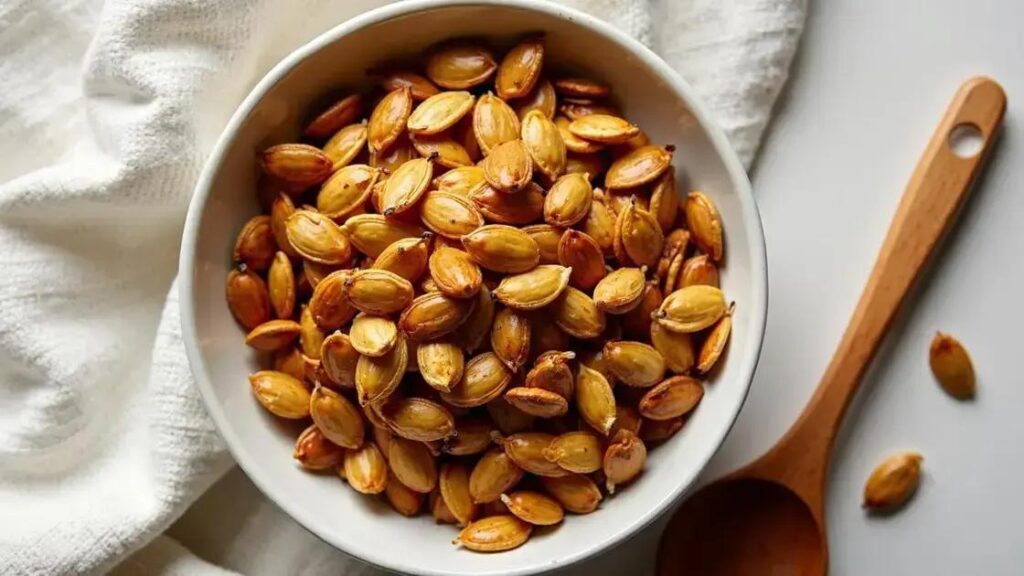Pumpkin seeds are a nutrient-rich and versatile ingredient that can be used in a variety of dishes, from baked goods to snacks and beyond. They are a great source of protein, fiber, and healthy fats, making them a popular choice for those looking to incorporate more plant-based foods into their diet. Whether you’re looking to add some crunch to your favorite recipes or simply want to try something new, pumpkin seeds are a great option to consider.
Pumpkin seeds are a nutrient-rich ingredient that can elevate your cooking game. With their nutty flavor and crunchy texture, they’re perfect for adding depth to your favorite recipes. In this article, we’ll explore the nutritional benefits of pumpkin seeds, how to use them in baked goods, and share some delicious recipe ideas.
The Nutritional Benefits of Pumpkin Seeds
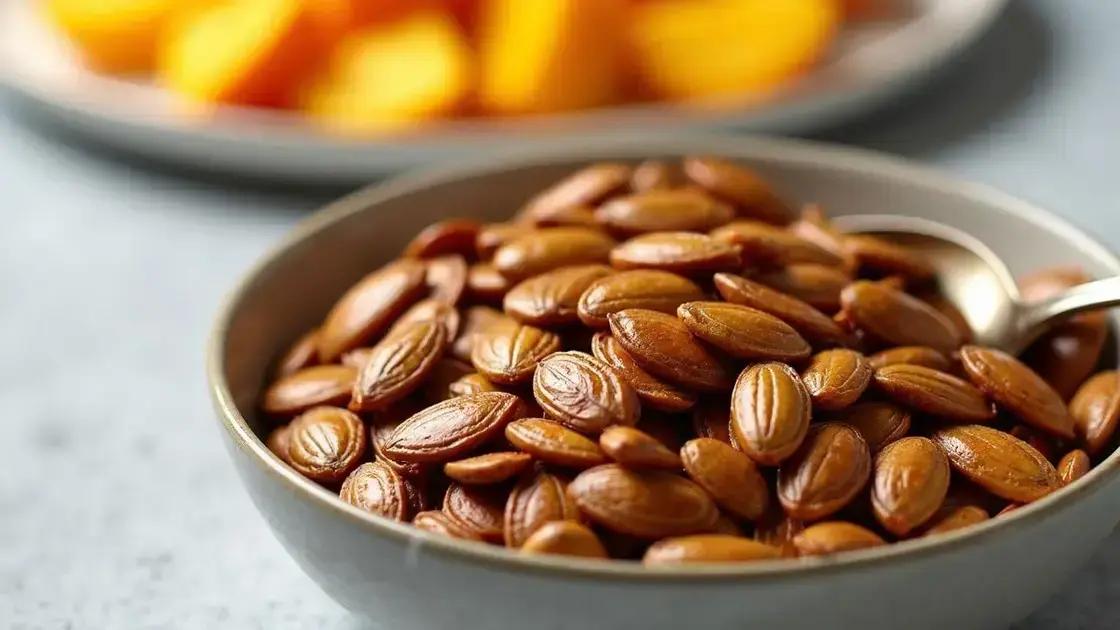
Pumpkin seeds are a nutrient-rich food that offers numerous health benefits when consumed as part of a balanced diet. They are a good source of protein, fiber, and healthy fats, making them an excellent addition to your meals. The nutritional benefits of pumpkin seeds include:
- Magnesium content: Pumpkin seeds are an excellent source of magnesium, an essential mineral that plays a crucial role in muscle function, nerve function, and bone health.
- Antioxidant properties: Pumpkin seeds contain a variety of antioxidants, including vitamin E, beta-carotene, and zinc, which help protect cells from damage caused by free radicals.
- Protein content: Pumpkin seeds are a good source of protein, making them an excellent option for vegetarians and vegans looking to increase their protein intake.
- Healthy fats: Pumpkin seeds contain healthy fats, including omega-3 and omega-6 fatty acids, which are essential for heart health and brain function.
These nutritional benefits make pumpkin seeds an excellent addition to your diet, and they can be easily incorporated into a variety of dishes, from salads and smoothies to baked goods and snacks.
Using Pumpkin Seeds in Baked Goods
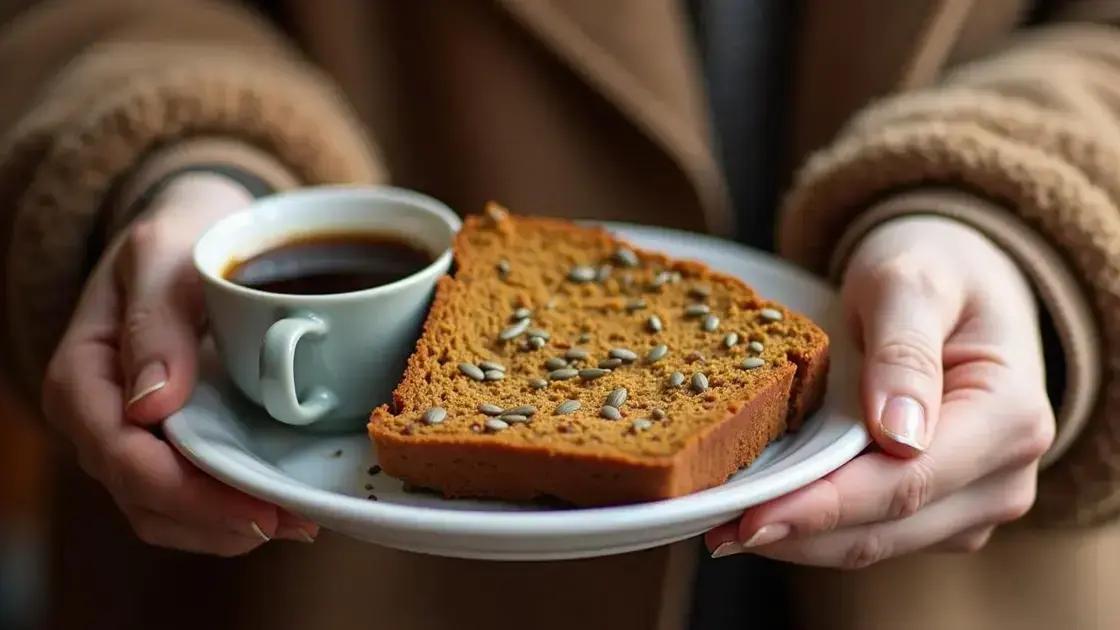
Adding pumpkin seeds to your baked goods can elevate the flavor and texture of your treats. They can be used as a topping for muffins, bread, and cookies, or incorporated into the batter for added nutrition and crunch. Here are some ways to use pumpkin seeds in your baked goods:
- Muffin topping: Sprinkle pumpkin seeds on top of your muffins before baking for a crunchy and nutritious topping.
- Bread addition: Mix pumpkin seeds into your bread dough for added texture and nutrition.
- Cookie addition: Add pumpkin seeds to your cookie dough for a sweet and savory treat.
- Pumpkin seed butter: Use pumpkin seed butter as a substitute for peanut butter or almond butter in baked goods.
When using pumpkin seeds in your baked goods, be sure to toast them first to bring out their natural flavor and aroma. Simply spread the pumpkin seeds on a baking sheet and toast them in a 350°F oven for 10-15 minutes, or until fragrant and lightly browned.
Pumpkin Seed Recipes for a Quick Snack
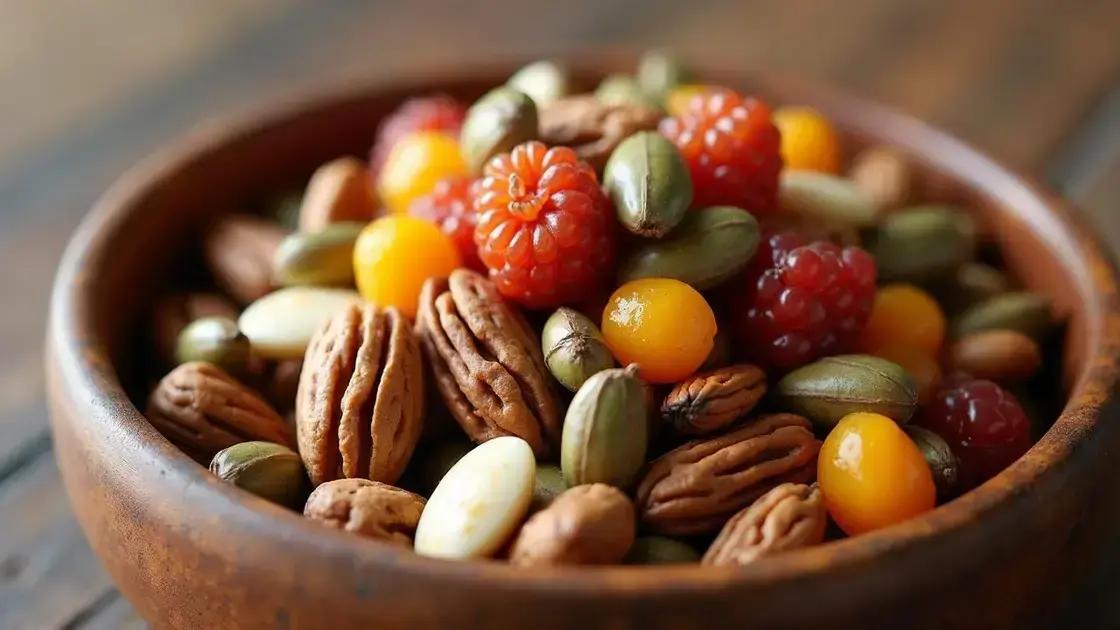
Pumpkin seeds are a versatile ingredient that can be used to make a variety of quick and easy snacks. Here are some delicious and healthy pumpkin seed recipes that you can try:
- Pumpkin Seed Trail Mix: Mix pumpkin seeds with nuts, dried fruits, and chocolate chips for a tasty and healthy snack.
- Pumpkin Seed Energy Balls: Mix pumpkin seeds with rolled oats, peanut butter, and honey to create bite-sized energy balls.
- Pumpkin Seed Granola: Mix pumpkin seeds with rolled oats, nuts, and spices to create a crunchy and flavorful granola.
- Pumpkin Seed Crackers: Mix pumpkin seeds with flour, water, and salt to create crispy and flavorful crackers.
These recipes are perfect for a quick and easy snack or as a topping for your favorite dishes. Simply toast the pumpkin seeds in a 350°F oven for 10-15 minutes, or until fragrant and lightly browned, before using them in your recipe.
The Future of Pumpkin Seeds in Food
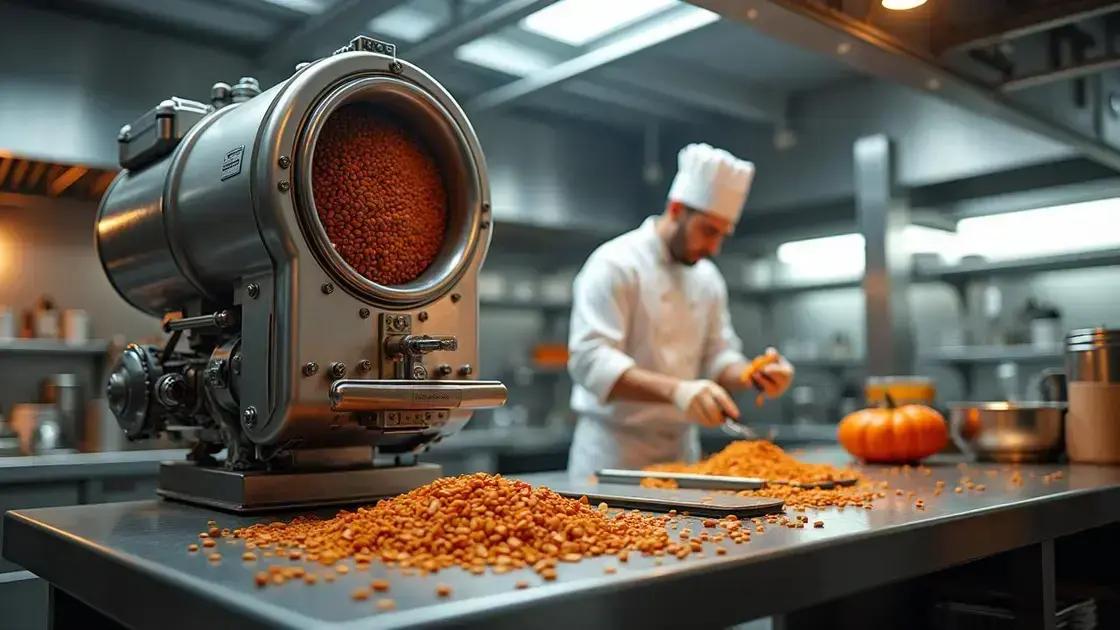
The future of pumpkin seeds in food is exciting and full of possibilities…
- New Recipes and Flavors:…
- Sustainable Food Systems:…
- Innovative Processing Methods:…
- Expanded Availability:…
…
Unlock the Power of Pumpkin Seeds in Everyday Recipes
In conclusion, pumpkin seeds are a nutrient-rich and versatile ingredient that can be used in a variety of dishes, from baked goods to snacks and beyond. With their numerous health benefits and adaptability in recipes, pumpkin seeds are a great addition to any meal.
Whether you’re looking to add some crunch to your favorite recipes or simply want to incorporate more plant-based ingredients into your diet, pumpkin seeds are a great option to consider. With their mild nutty flavor and impressive nutritional profile, pumpkin seeds are a great way to add flavor and nutrition to your meals.
So next time you’re cooking up a storm in the kitchen, be sure to give pumpkin seeds a try. With their numerous health benefits and versatility in recipes, they’re a great addition to any meal. Happy cooking!
FAQ – Preguntas frecuentes sobre las semillas de calabaza en recetas cotidianas
¿Cómo puedo utilizar las semillas de calabaza en mis recetas?
Las semillas de calabaza son un ingrediente versátil que se puede utilizar en una variedad de recetas, desde panes y tartas hasta snacks y platos principales.
¿Qué beneficios nutricionales tienen las semillas de calabaza?
Las semillas de calabaza son ricas en proteínas, fibras y minerales, lo que las hace una excelente opción para aquellos que buscan una alimentación más saludable.
¿Cómo puedo tostar las semillas de calabaza?
Puede tostar las semillas de calabaza en el horno a 350°F (180°C) durante 10-15 minutos, o hasta que estén crujientes y fragantes.
¿Puedo usar las semillas de calabaza en recetas veganas?
Sí, las semillas de calabaza son un ingrediente perfecto para recetas veganas, ya que son ricas en proteínas y fibra y no contienen productos lácteos ni huevos.
¿Cómo puedo almacenar las semillas de calabaza?
Puede almacenar las semillas de calabaza en un contenedor hermético en un lugar seco y fresco, como un armario o un almacén.
¿Son las semillas de calabaza alérgicas?
Las semillas de calabaza son relativamente seguras en términos de alergias, pero si tiene una alergia grave a los frutos secos o las plantas, es posible que deba evitar su consumo.

